This Thanksgiving, Let’s Dish Up Some Health History
My 90-year-old mother dropped a bombshell on me recently: she had a hysterectomy almost 60 years ago. And I had no idea. Her response when I asked why she never told me? “You didn’t ask!” Her words echoed in my mind, a stark reminder of how many family secrets we unknowingly carry.
This November, as we celebrate National Family Health History Month, those words keep coming back to me. It’s time to examine that rich legacy we inherit and talk about how it can impact our present and future.
More Than Just “Grandma’s Diabetes”
We’ve all heard the whispers at family reunions – “Nana had sugar,” “Uncle James had high blood pressure,” or “Aunt Clara battled breast cancer.” But family health history is more than just casual mentions; it’s a vital tool for understanding our own health risks. Sometimes, it’s even hidden in plain sight. Like my mother’s hysterectomy, crucial information can be shrouded in silence, even within families who think they share everything.
A Personal Reflection
To be honest, learning about my mother’s hysterectomy after all these years brought up a mix of emotions. Surprise, of course, but also a tinge of regret. I navigated difficult menstrual cycles as a teenager and faced challenges during my own pregnancies and childbirths. Would knowing about my mother’s experience have made a difference? I can’t say for sure. But it certainly would have given me a deeper understanding of my own body and perhaps prompted me to ask different questions, seek different advice. It highlights how these hidden pieces of family history can have a ripple effect across generations.
Our family history is a guide, passed down through generations. It shows us how to navigate those health challenges and keep thriving, just like our mothers and grandmothers did. By understanding our family’s health patterns, we can take proactive steps towards prevention and early detection.
Why is Family Health History So Important?
It’s more than just knowing which diseases run in your family. It’s about understanding your own risk factors and taking action to protect your health. Here’s why it matters:
- Identify potential risks: Did you know that your family history might be one of the strongest influences on your risk of developing heart disease, stroke, diabetes, or cancer? It’s true! While you can’t change your genes, knowing your family’s health patterns can reveal your predisposition to certain conditions.
- Personalized prevention: With this knowledge, you can work with your doctor to create a personalized prevention plan. This may include lifestyle changes, like eating healthier and getting more exercise, regular screenings, or even genetic testing.
- Early detection: Awareness of family health risks can empower you to recognize early warning signs and seek timely medical attention, potentially leading to better treatment outcomes. For example, if you know that heart disease runs in your family, you might be more vigilant about monitoring your blood pressure and cholesterol levels.
- Empower future generations: By documenting and sharing your family health history, you provide invaluable information to your children and grandchildren, allowing them to make informed decisions about their own health. You’re passing on a legacy of knowledge and empowerment.
Unlocking Your Family Health History: What to Look For
When digging into your family history, pay close attention to these key features that may signal increased risk:
- Diseases that occur at an earlier age than expected (10 to 20 years before most people get the disease)
- Disease in more than one close relative
- Disease that does not usually affect a certain gender (for example, breast cancer in a male)
- Certain combinations of diseases within a family (for example, breast and ovarian cancer, or heart disease and diabetes)
Starting the Conversation (Right There at the Thanksgiving Table)
Now, with Thanksgiving just around the corner, isn’t this the perfect opportunity to gather your loved ones and engage in meaningful conversations? Perhaps while you’re waiting for the sweet potato pie to bake, or while everyone’s gathered around the living room, catching up on each other’s lives? This is your chance to ask questions about those family stories and uncover the health history that connects you. Don’t forget to talk to your female relatives about their gynecological health history, as this can provide crucial insights into potential risks and patterns.
Perhaps you’re hesitant to initiate sensitive topics or unsure how to begin. Remember, every family is unique, and there’s no one-size-fits-all approach. Start small. Begin with questions like:
- “Has anyone in our family had heart disease, stroke, diabetes, or cancer?”
- “At what age were they diagnosed?”
- “Have there been any health conditions that seem to affect multiple family members?”
- “Do you know of any instances of diseases that are unusual for a certain gender in our family?”
Acknowledge that some family members may be hesitant to share sensitive information. Offer guidance on working through these conversations with respect and empathy. For example, suggest starting with less sensitive topics and reassuring relatives that the information will be kept confidential. Listen with an open heart, offer support, and remember that these conversations are an ongoing process.
One more thing. . . Be mindful of those who have limited access to their family health history, such as adoptees or individuals with fractured family relationships. Suggest resources like DNA testing services or online genealogy platforms that might help fill in the gaps.

Did you know? The Surgeon General actually designated Thanksgiving as National Family Health History Day. It makes perfect sense, doesn’t it? We’re all gathered together, sharing a meal and giving thanks. Why not add a little health history to the mix?
What to Do With Your Family Health History
Once you’ve gathered information about your family’s health history, don’t just let it sit in a notebook. Here’s what you do next:
- Organize it: Use a tool like the Surgeon General’s My Family Health Portrait to create a clear and comprehensive record.
- Share it with your doctor: This information will help your doctor assess your risk for specific diseases, recommend lifestyle changes, and prescribe screening tests to detect disease early.
- Be proactive: Even if you discover a concerning pattern of disease in your family, remember that you have the power to take action. Make healthy lifestyle choices, get regular checkups, and stay informed about your health.
Tools to Help You on Your Journey
- The Surgeon General’s My Family Health Portrait Tool: A free online tool to help you collect and organize your family health history.
- National Human Genome Research Institution: Family Health History for Patients and Families.
- The CDC’s Family Health History page: Offers valuable information and resources on understanding and utilizing family health history.
Let’s make this Thanksgiving the time we finally sit down with our elders, listen to their stories, and unlock those family secrets that can help us live longer, healthier lives. We owe it to ourselves, and to the generations coming after us.
Share your comments below. We’d love to hear your feedback.

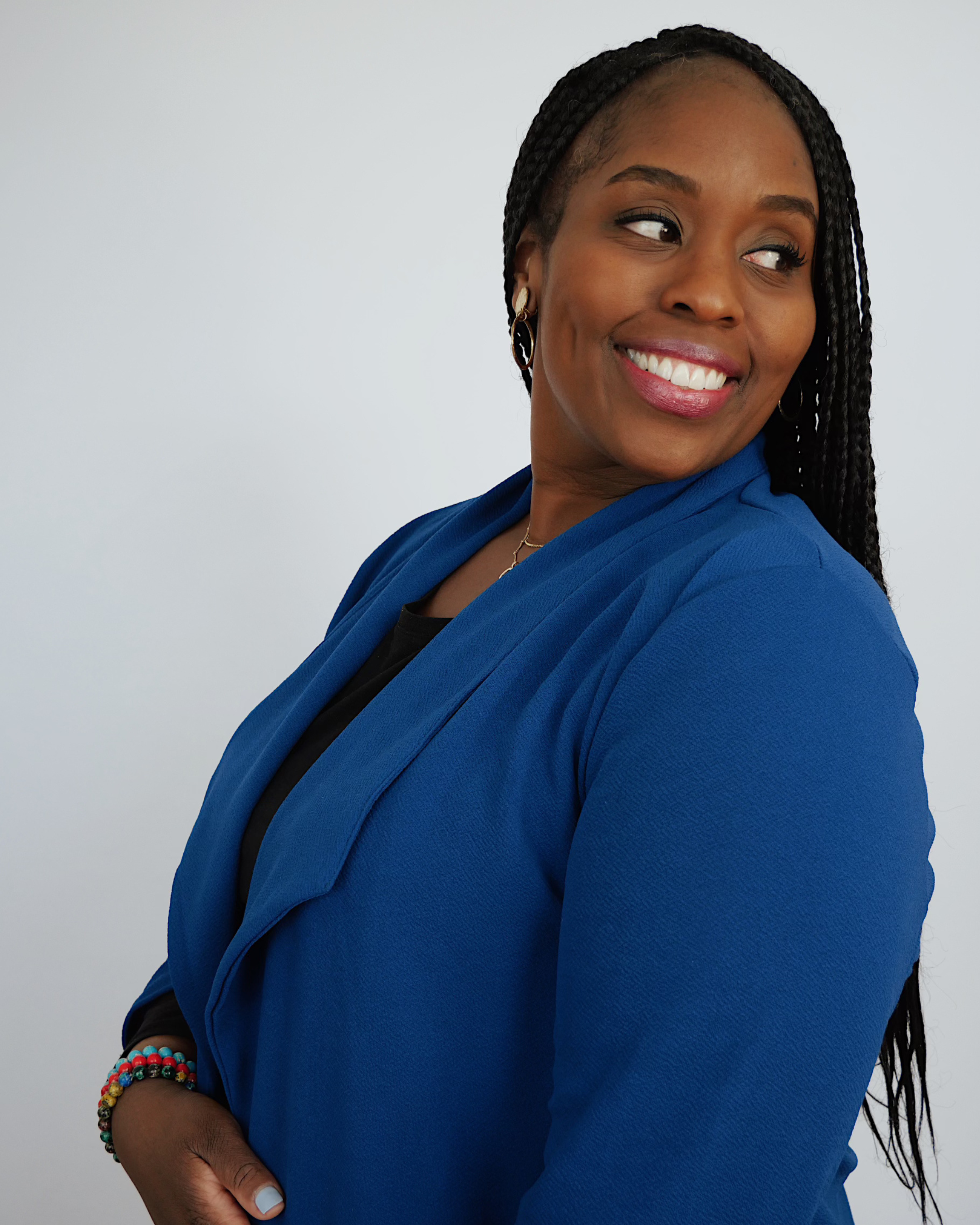
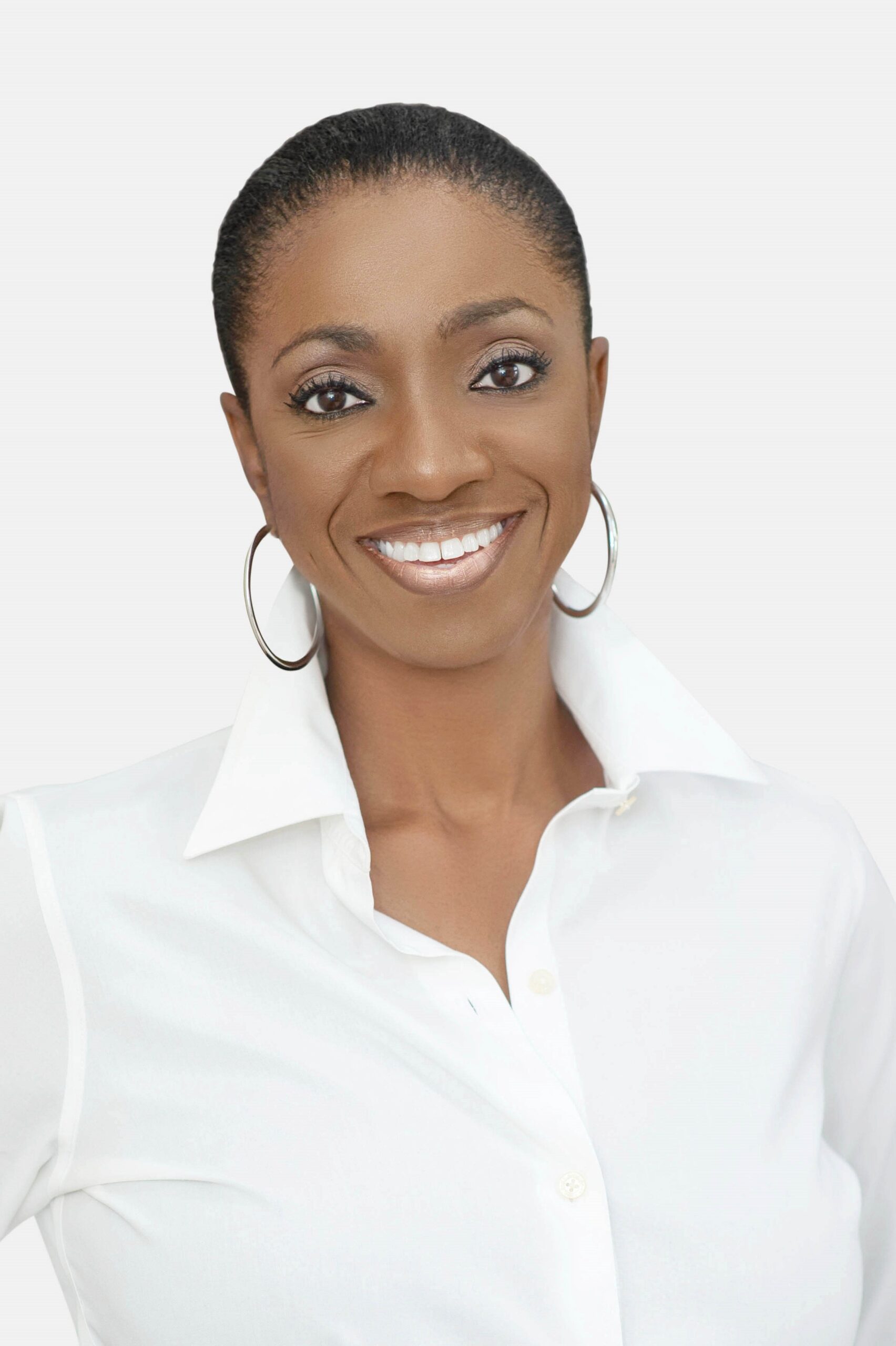
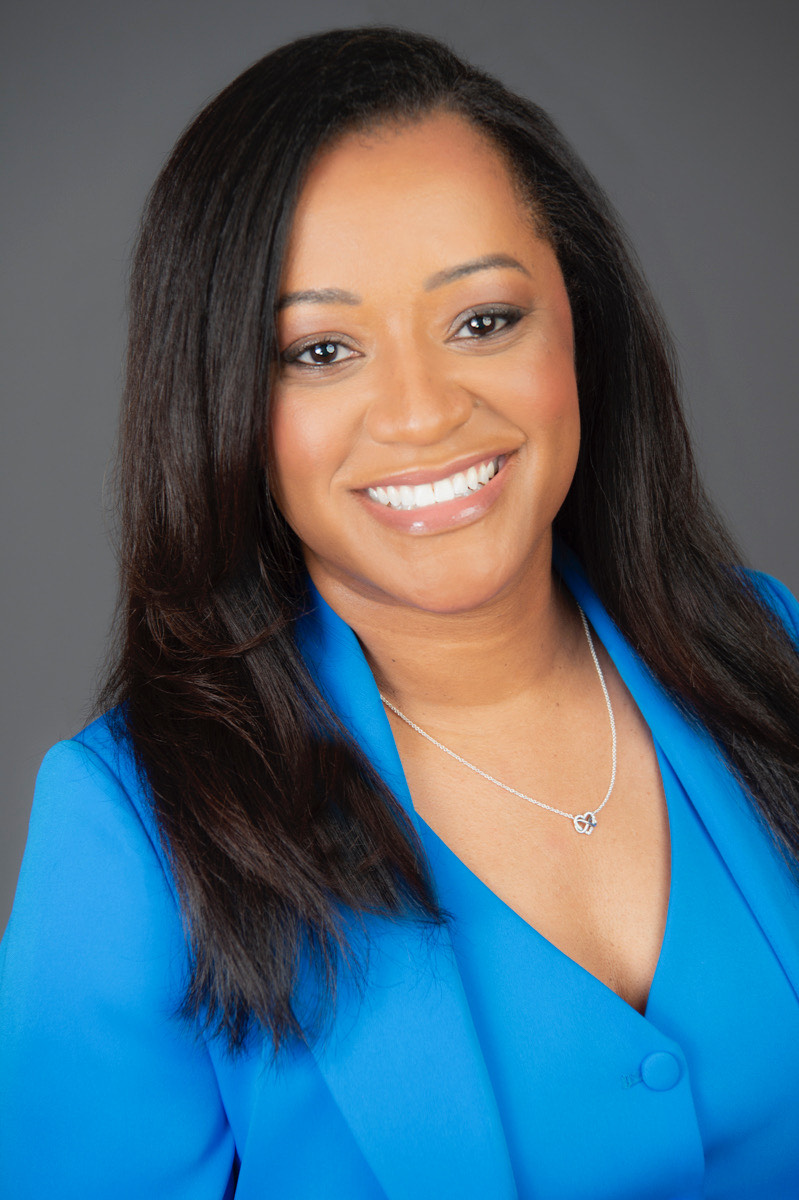
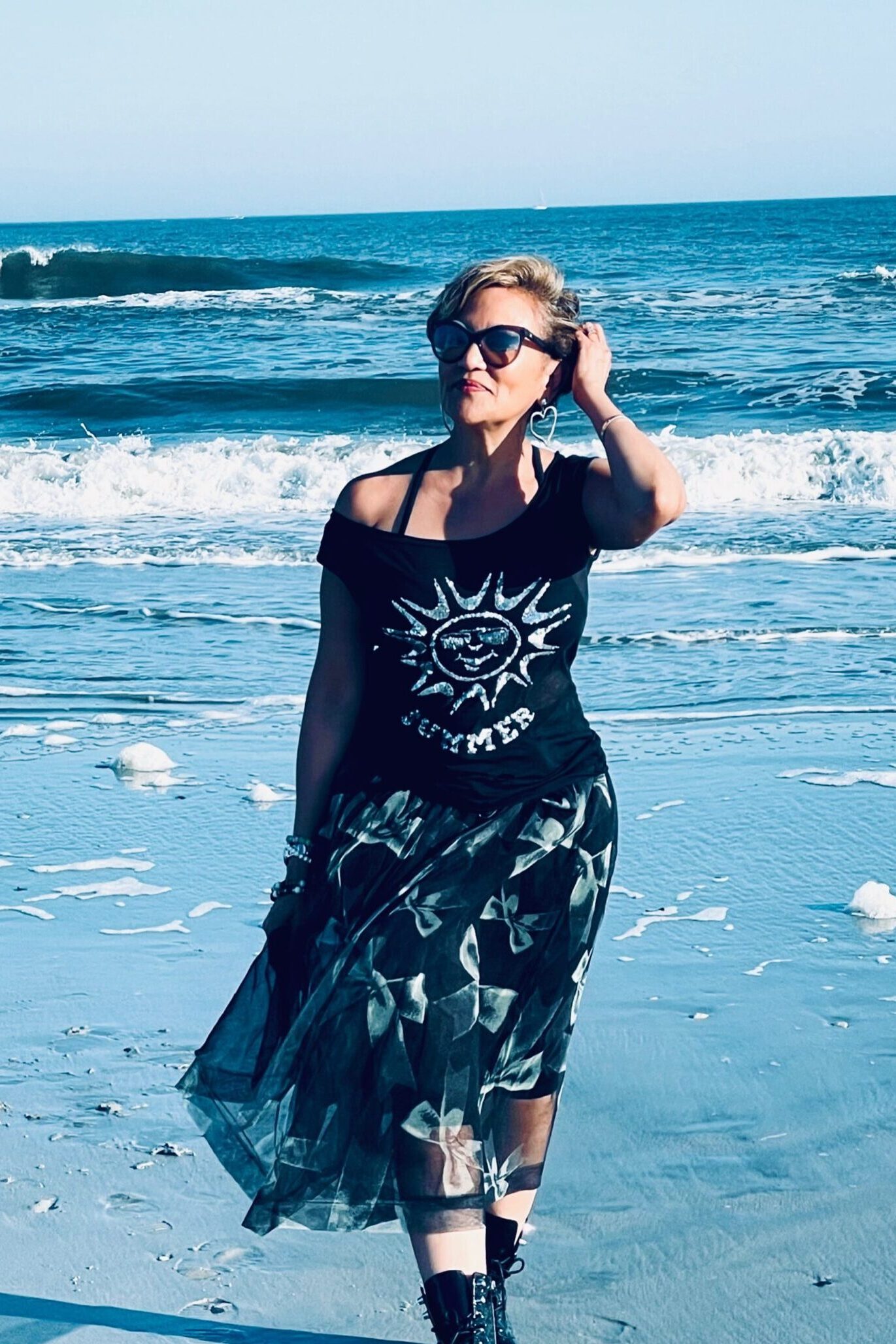
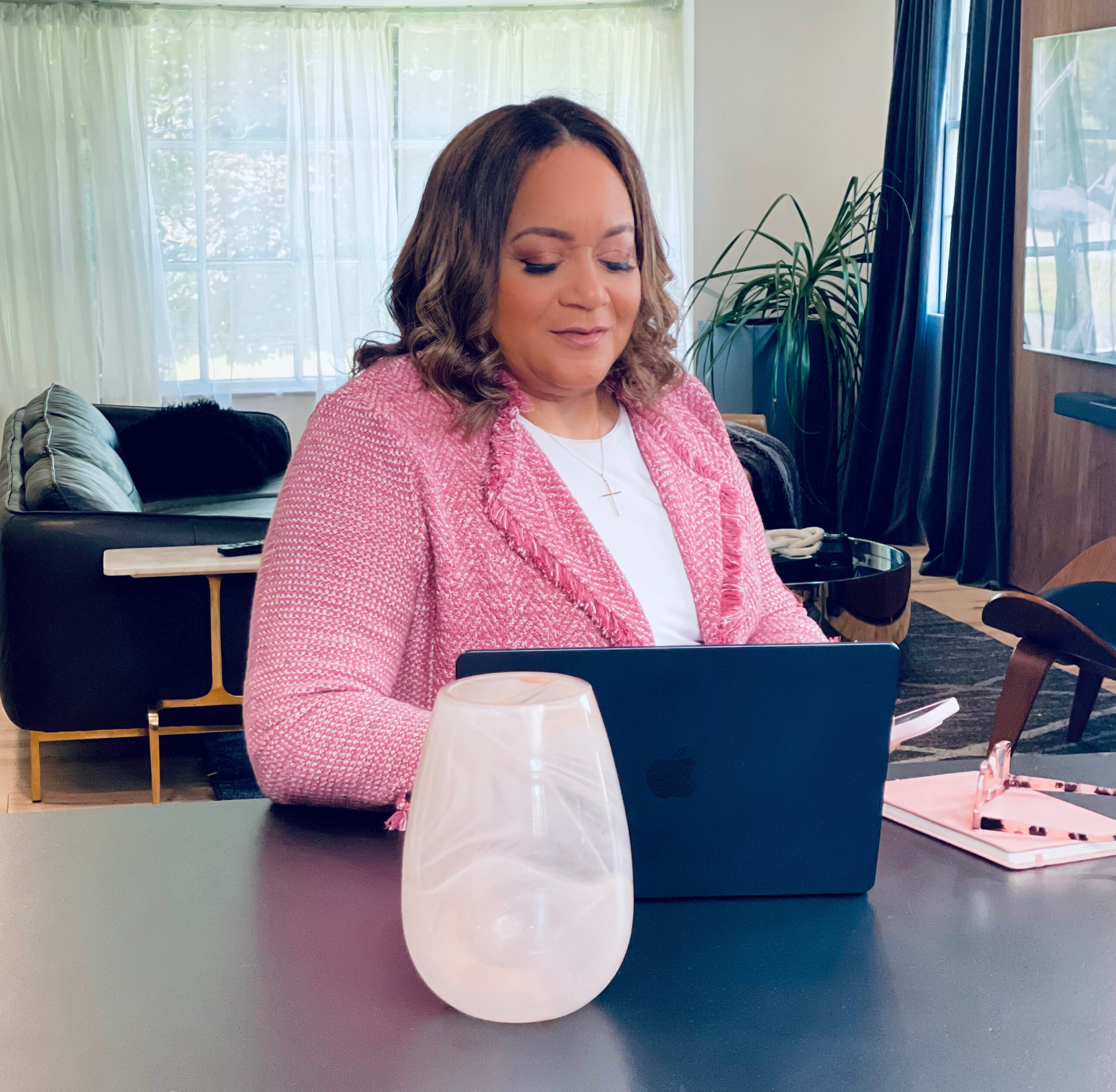
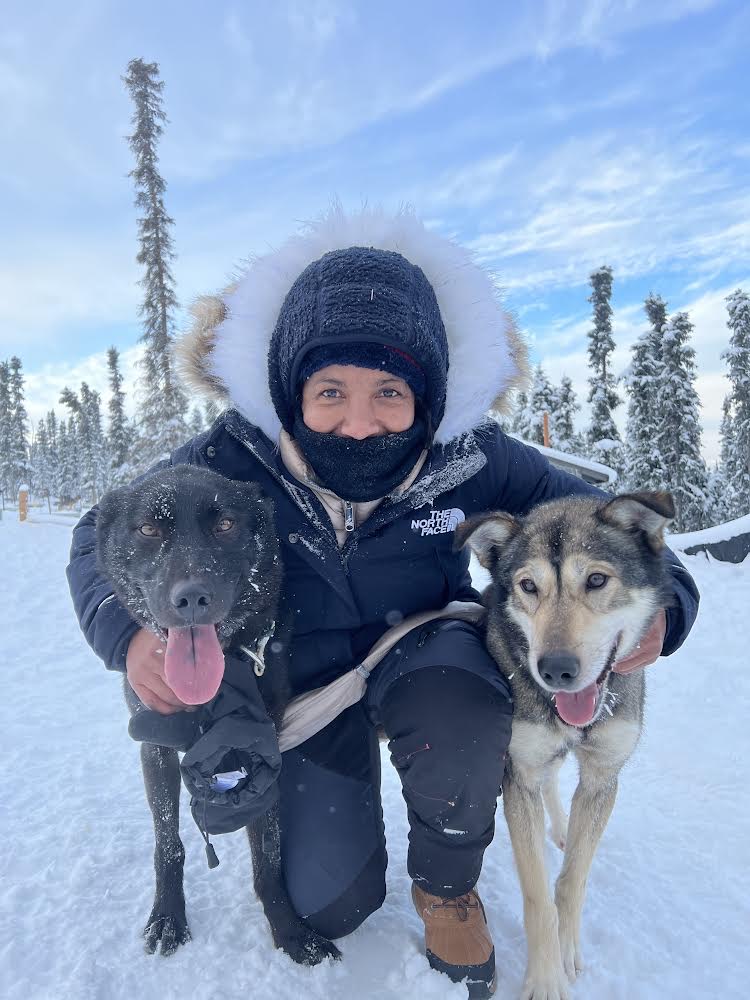
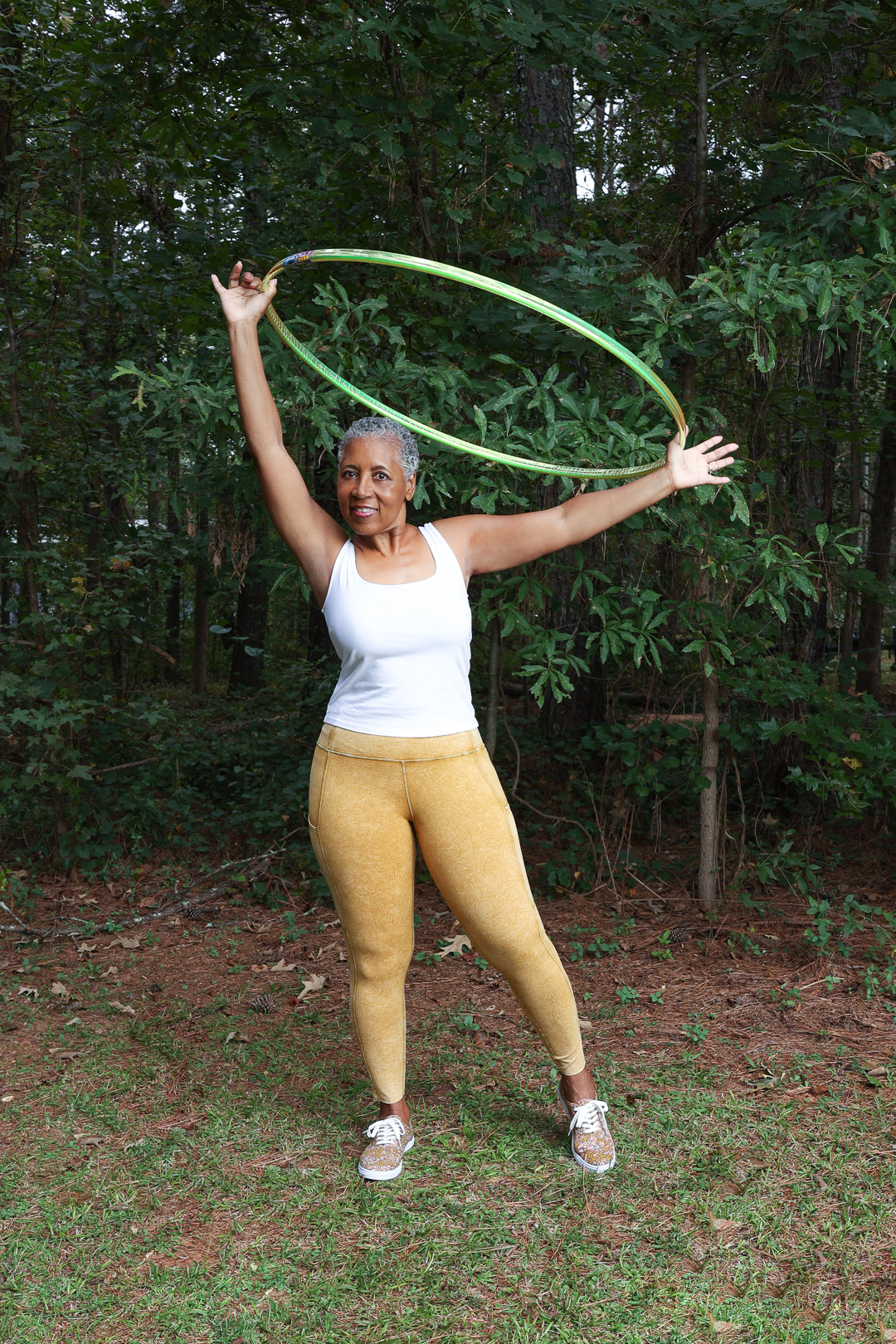
Thanks for sharing this healthy approach to ThanksLiving. Information is so powerful. I would like to suggest that each of us permit doctors to share medical information with a designated family member after we become deceased. For example, my mother died from breast cancer complications. Unfortunately, I nor my brother, had access to her medical records.
Thank you so much for sharing your thoughts and for the “ThanksLiving” reminder! I’m so sorry to hear about the challenges you faced accessing her medical records when she passed. You’ve touched on a crucial point about the importance of having these conversations with our loved ones while they’re still with us. It’s also a great reminder to make sure our own wishes regarding medical information are clearly documented and communicated to our families. I appreciate you bringing this important perspective to the discussion.